Ghanaian festivals are a colourful and vibrant part of the culture. Each year festivals and durbars are held in various parts of the country to celebrate the heritage of the people.
Throughout the year festivals and durbars are held in various parts of the country for reunion, development purposes and to strengthen beliefs of society.
Most people believe that festivals help them forge close bondage with their ancestors and ask for their protection. Festivals are also held in order to purify the whole state so that people can enter the New Year with confidence and hope.
Importance of Festivals
Festivals are very important in several ways: historically, religiously, socially, economically, culturally, morally and politically in the lives of Ghanaians. See our timetable of festivals below.
Historically
It makes the people know more about their history. For instance, the Nyidwoo festival of the people of Esumegya makes the people and for that matter Asantes it know more about their origin.
Also, the Homowo Festival reminds the people of Ga-Adangme to know much about how they have come out of hunger by settling at their present day area. It makes the people recollect the noble past of their ancestors, and to express their gratitude to them.
Religiously
The people believe in the existence of the ancestral spirit, hence they ask for forgiveness of offence committed, petition the supernatural powers for material prosperity, peace and long life. There is continuity between the dead and the living.
Socially
It serves as reunion of family members, relatives and love ones. At this time, quarrels and misunderstandings are settled.
It provides a forum where marriages among people within a particular geographical area can be transacted.
The youth at this stage get the chance of arranging marriages, (to court). Besides, the period is characterised by merrymaking and entertainments.
Economically
It brings most of the citizens together. This helps them to initiate development projects and to contribute financially towards these projects. Visitors who also come to witness the festival contribute economically to the locality.
Politically
It gives the people chance to asses the efficiency of their chiefs. Most citizens who left the town for so long a time return to see whether the traditional ruler (the chief) had implemented development projects agreed upon.
Homage is paid to the chiefs. Sub-chiefs also renew their allegiance to their immediate boss. For example, local chiefs to paramount chief (Omanhene) and in Asante Omanhene to the Asantehene.
Government ministers even take advantage of the festival which has brought a lot of people (Citizens) together to announce development projects, government policies to the people and to educate them on important issues affecting the locality, town or an area.
Culturally
The rich cultural heritage of the people are usually being manifested during festivals.
With the people of Asante chiefs, they may be decorated in the traditional Kente cloth gold ornaments and carried in a palanquin especially the Asantehene or the paramount chief (omanhene).
Ghanaian hospitality can also be seen in this regard. The ways the people speak and relate to others portray their culture of friendliness.
Morally
It strengthens all to play their roles as good citizens. It provides a forum where the chief must be more effective, morally upright, and
Accountable to the people. For instance, the Apoo festival celebrated by the chiefs and people of Techiman traditional area gives the people chance to talk about the inefficiencies of the chief as well as his ill doings.
It again reminds the youth to lead morally acceptable life so that, they may grow to become good people, whose lives are worthy of emulation by the future generation.

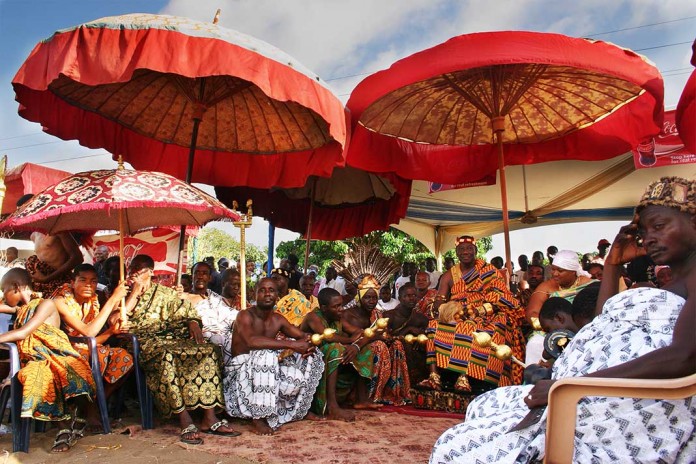
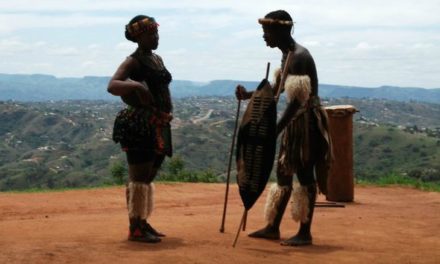
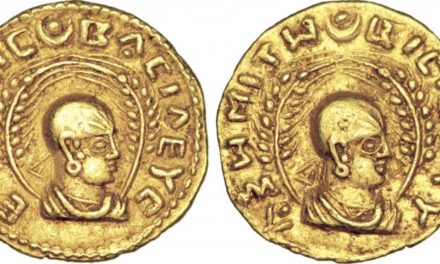
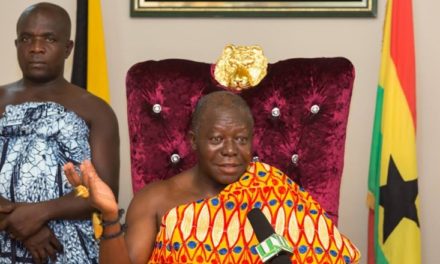
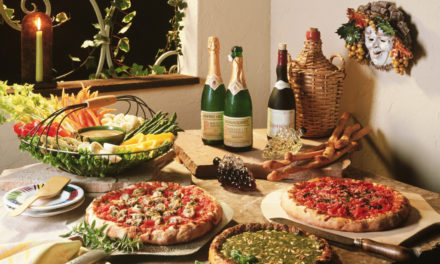
Facebook Comments